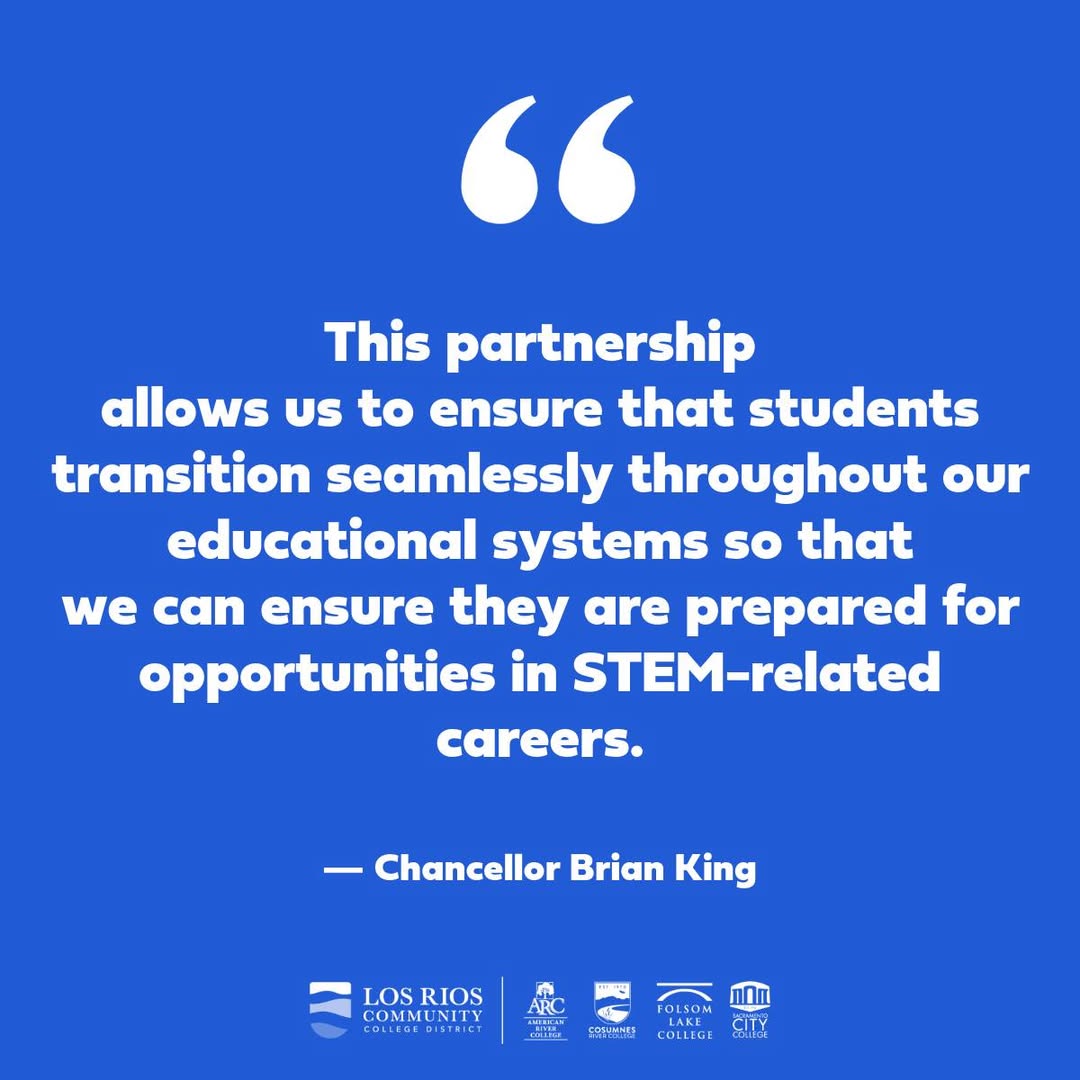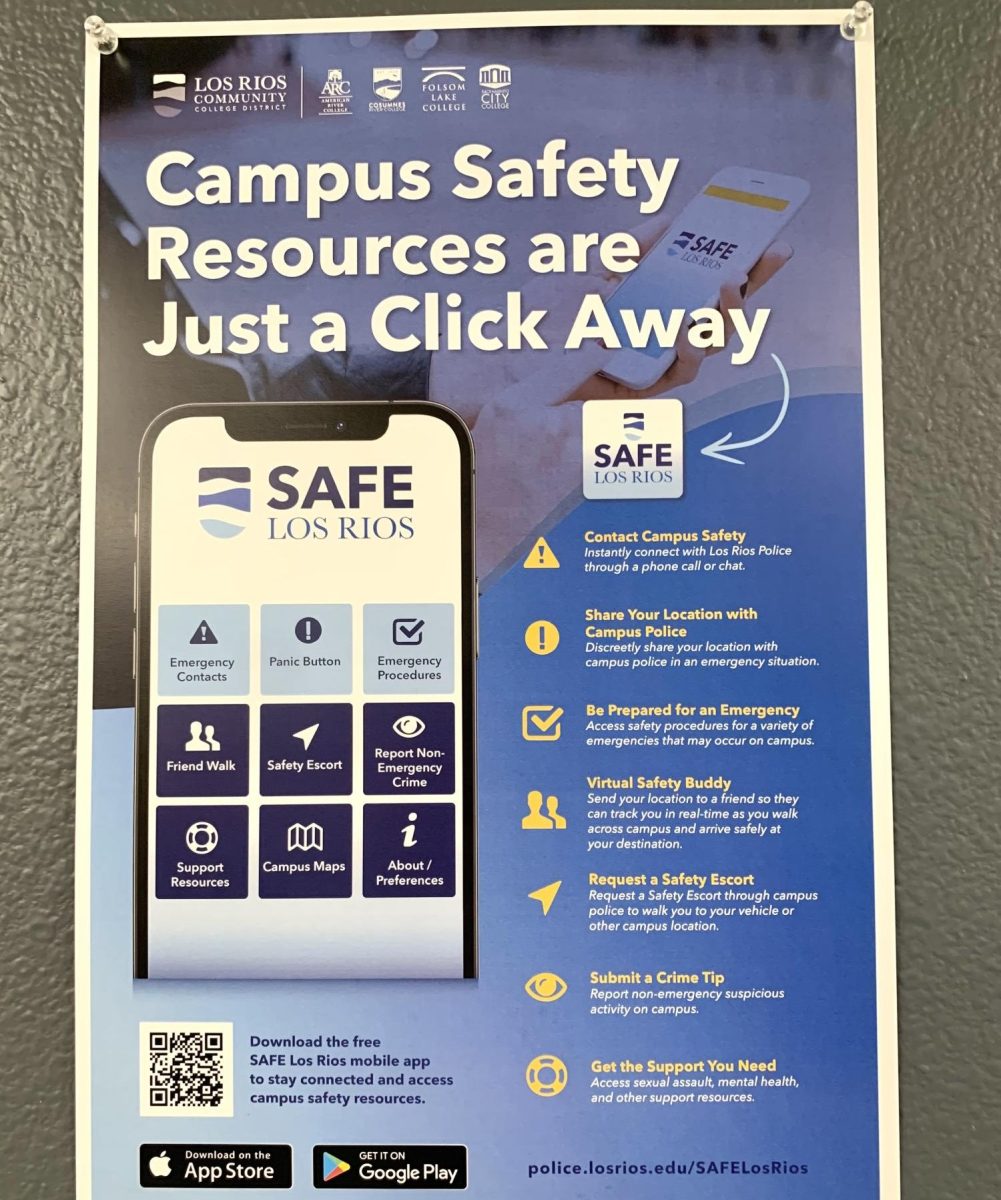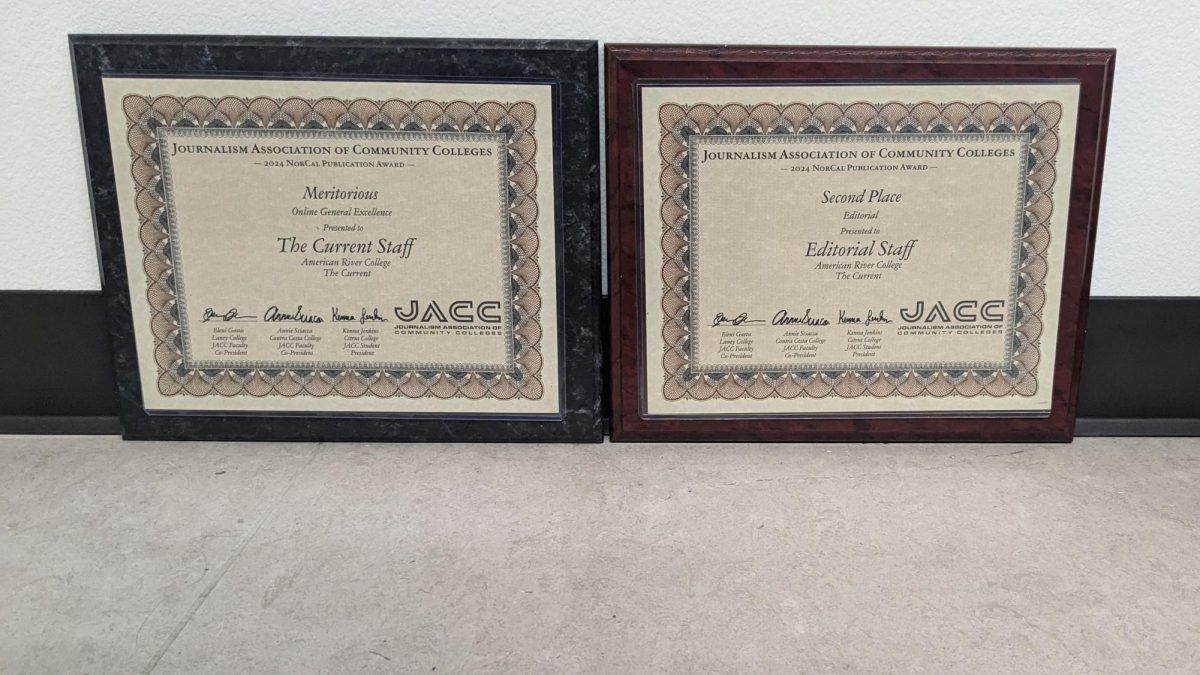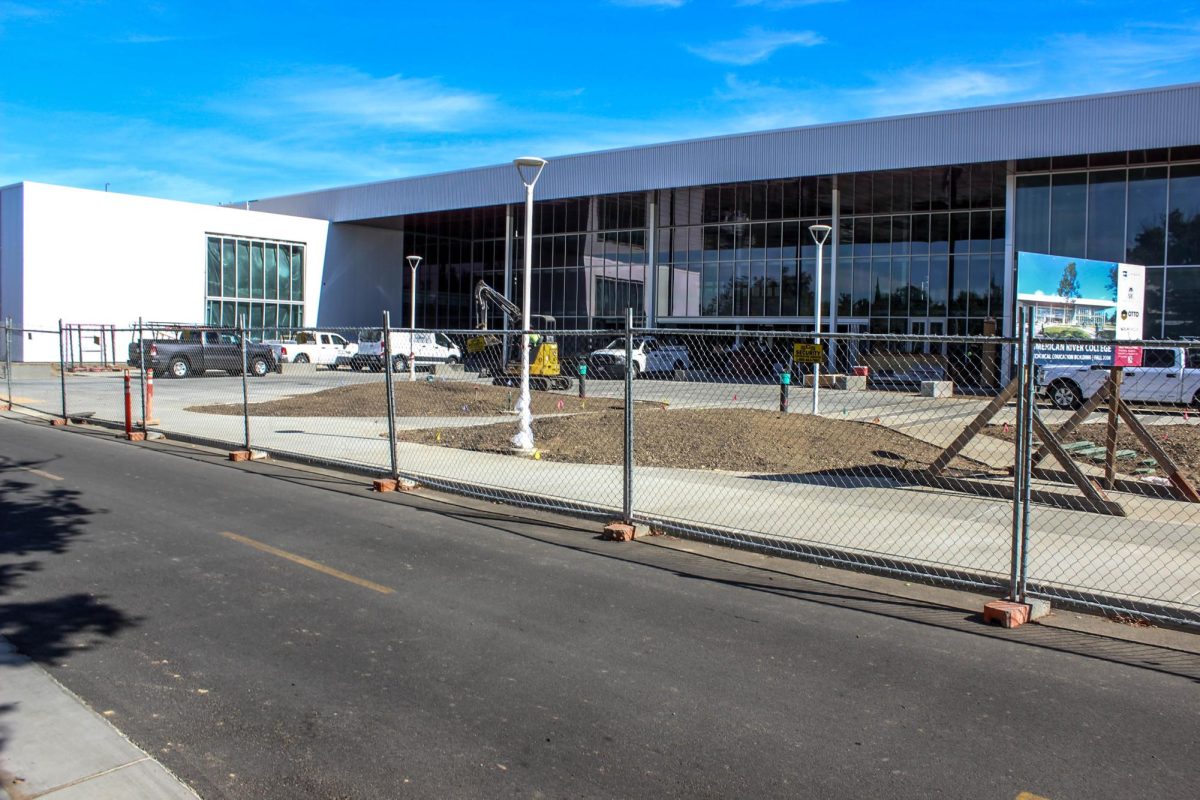Ukraine will be a very different place if American River College student Alona Sazanova, a member of one of the largest ethnic groups on the ARC campus, is allowed to return in May to visit her family and friends.
The city of Kiev is still smoldering after a month-long blaze of bloody protests swept through the capital of the former soviet state, resulting in the deaths of as many as 88 citizens, according to some reports.
But the focus, as of late, has been on Crimea in the south, where Russian president Vladimir Putin waited only days after the closing of the 2014 Winter Olympics in Sochi before sending troops to seize the peninsula, saying he is protecting ethnic Russians in the area.
Olga Tsomkalova, an English as a second language (ESL) student from Kherson in southern Ukraine, had once felt relief after the fall of the government, believing that “the people of Ukraine (won) this war for democracy and freedom.”
Now she is concerned about alleged spread of pro-Russian propaganda and the military advancements of whom she calls “Adolf Putin.”
“I’m in shock!” said Tsomkalova in an email with The Current. “My parents and friends (have) Russian TV channels, and they said, they never saw such many lies, even in USSR period.”
The Crimean parliament voted to secede from the country Thursday and join Russia, reports the BBC and other outlets.
Particular attention is being paid to the ethnic Muslim population in the area, which seems to be marked, literally and figuratively, by Russian forces.
According to the New Yorker and other sources, homes of the Crimean Tatars have been marked with an “X,” much the way they were during World War II, when thousands of Muslims were forcibly removed from the area under direction from Soviet leader Joseph Stalin, who then gave the area to Russians.
“Ukrainians are good people,” Tsomkalova said. “They fight for freedom all (their) history. And they deserve (a) better future – for freedom and democracy.”
Ukraine was set for elections in May after protests forced President Viktor Yanukovych and several top aides and government officials from office.
“It’s a tragedy, (but) I see it’s not the end here,” said Olesya Sytnyk, a former ARC student. “So it’s painful for me … It was truly a big price paid.”
It is believed Yanukovych backed out of a 2013 European Union Trade agreement under pressure by neighboring Russia to keep political ties with Russia, and that Putin is working toward a realigning of the former Soviet states.







Joshua Arnao • Apr 6, 2014 at 2:49 pm
Really cool to have the perspective of this community in your backyard. Well done.